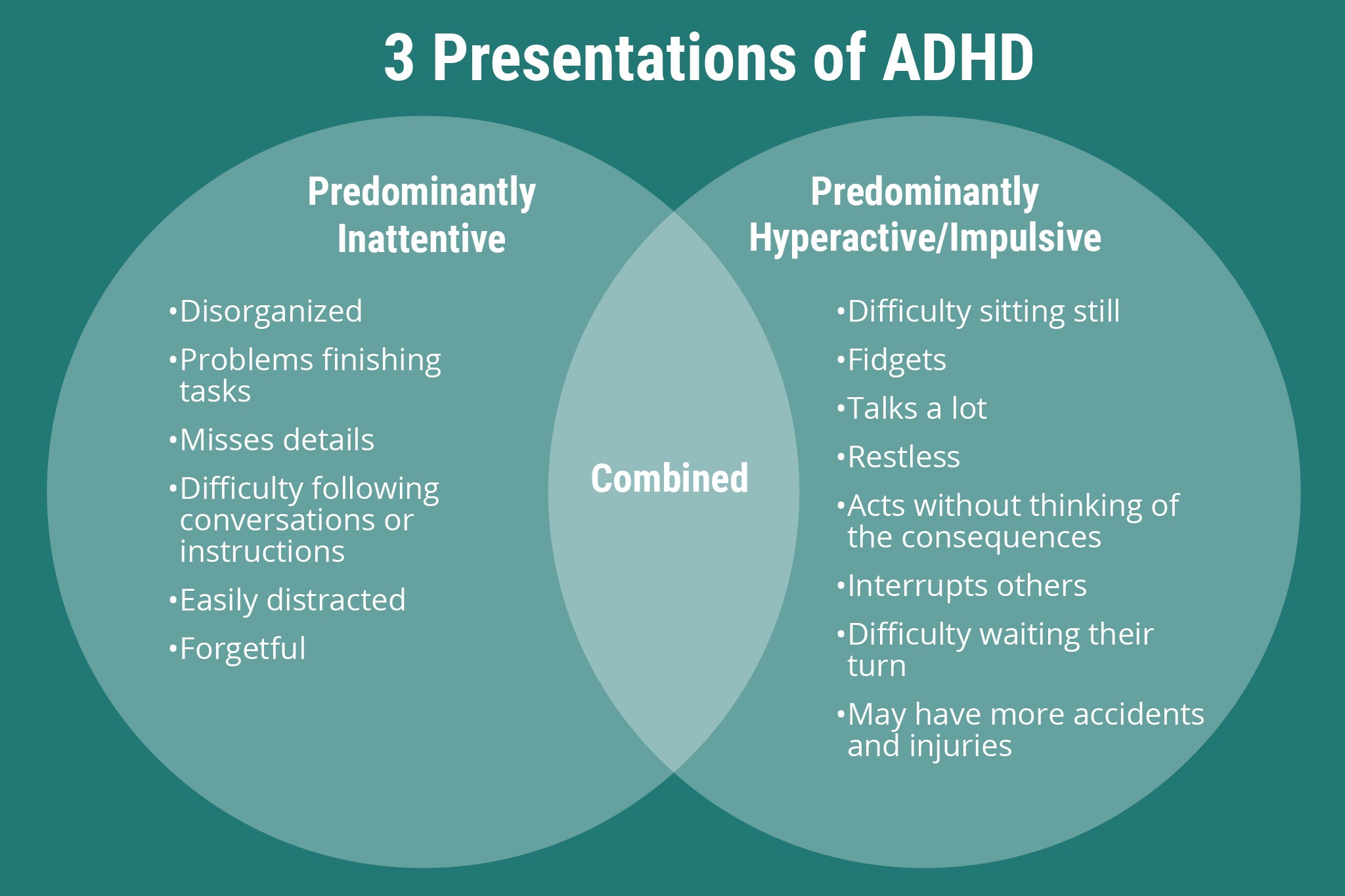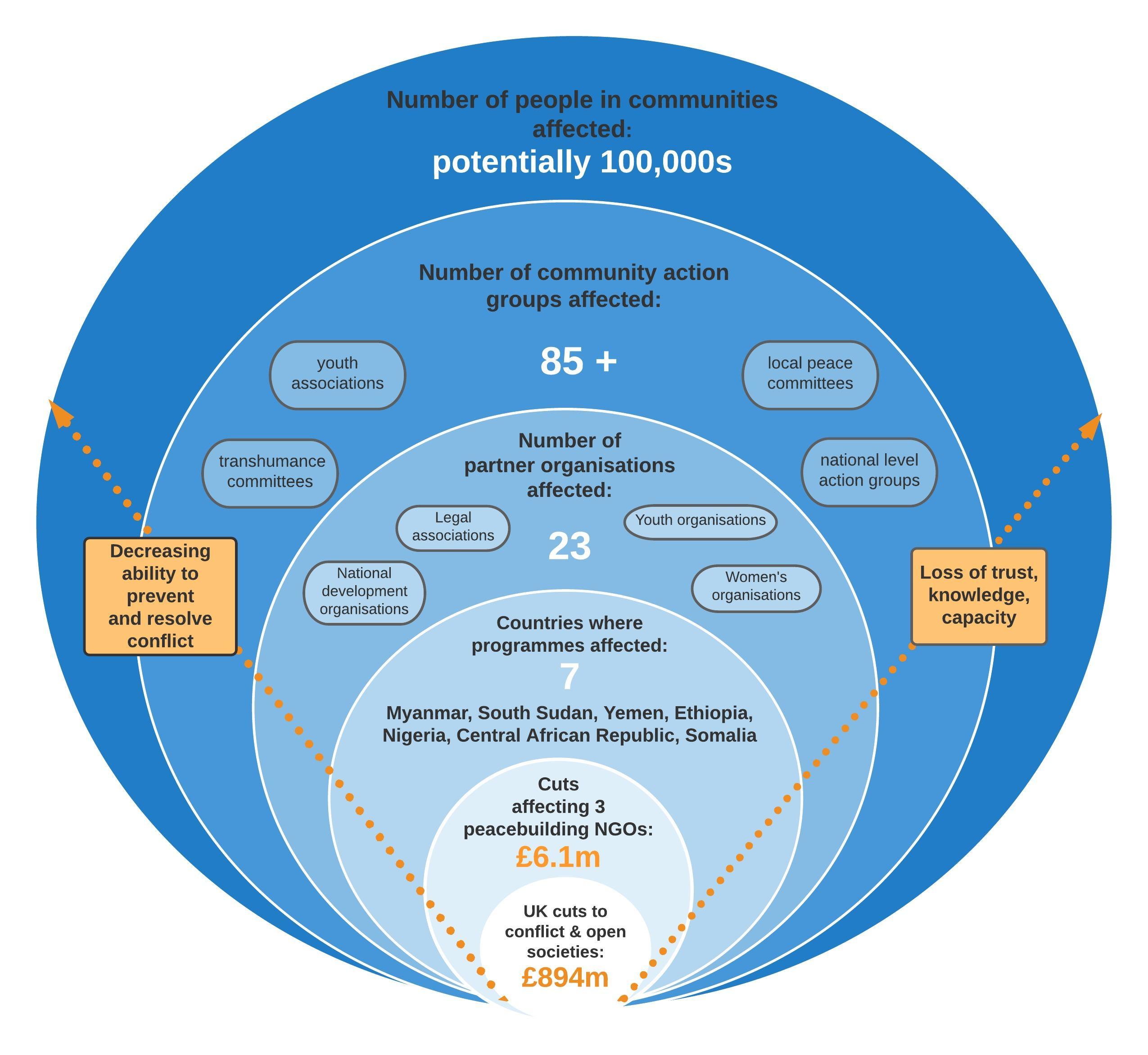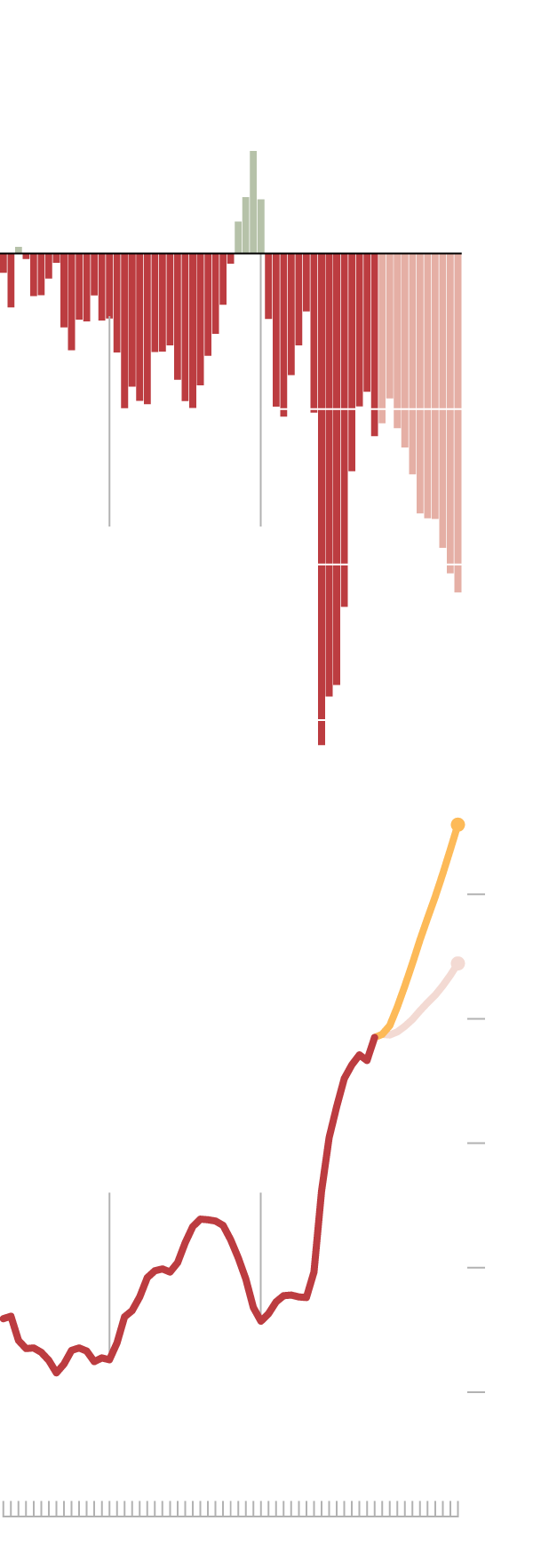Adult ADHD: 8 Subtle Signs You Might Be Overlooking

Table of Contents
Difficulty with Time Management and Prioritization
A common, yet often overlooked, symptom of Adult ADHD is difficulty with time management and prioritization. The struggle isn't necessarily about laziness, but rather a neurological challenge affecting executive function. This can significantly impact productivity and lead to increased stress and frustration.
Procrastination and Missed Deadlines
Constantly putting things off until the last minute is a hallmark of ADHD. This procrastination isn't simply a matter of willpower; it's a symptom stemming from difficulty initiating tasks and managing time effectively. The resulting missed deadlines contribute to feelings of guilt, shame, and further fuel the cycle of procrastination. Learning effective time management techniques specifically designed for ADHD can be incredibly beneficial.
Difficulty Prioritizing Tasks
Feeling overwhelmed by a seemingly endless to-do list is a familiar experience for many with Adult ADHD. The challenge isn't necessarily the volume of tasks, but the inability to prioritize effectively. This leads to inefficiency, a feeling of being constantly behind, and a pervasive sense of inadequacy. Utilizing tools like prioritization matrices (like the Eisenhower Matrix) can help individuals with ADHD learn to focus on high-impact activities.
- Frequently running late for appointments.
- Starting many projects but rarely finishing them.
- Feeling overwhelmed by even simple tasks.
- Difficulty estimating how long tasks will take.
Persistent Forgetfulness and Disorganization
Beyond simple absentmindedness, persistent forgetfulness and disorganization are significant indicators of Adult ADHD. This involves consistent challenges with memory and implementing effective organizational systems. It's not about being lazy or careless; it's a core symptom impacting daily life.
Misplacing Items Frequently
Losing keys, wallets, or important documents repeatedly is a common complaint among individuals with ADHD. This isn't necessarily due to carelessness but rather a difficulty with attention to detail and working memory. Implementing organizational strategies, such as designated places for frequently used items, can help mitigate this issue.
Difficulty Maintaining a Clean and Organized Space
A cluttered environment often reflects an internal struggle with organization. For those with ADHD, maintaining a clean and organized space can feel overwhelming and insurmountable. This isn't about a lack of desire for cleanliness, but rather a difficulty with task initiation and sustained attention to detail.
- Forgetting appointments or commitments.
- Difficulty remembering conversations or details.
- Struggling to keep track of personal belongings.
- Feeling perpetually overwhelmed by clutter.
Impulsivity and Restlessness
These symptoms can significantly impact both personal and professional life. Impulsivity manifests in various ways, from impulsive spending to difficulty controlling emotional responses, while restlessness contributes to difficulty focusing and maintaining calm.
Difficulty Sitting Still
Constant fidgeting, pacing, or an inability to remain seated for extended periods are common manifestations of restlessness in adults with ADHD. This can be disruptive in social and professional settings, leading to misunderstandings and frustration. Finding ways to incorporate movement into work and downtime can help manage this symptom.
Impulsive Spending or Decision-Making
Making rash purchases or decisions without considering the consequences is another symptom of impulsivity. This can lead to financial difficulties and regret. Developing strategies for delaying gratification and practicing mindful decision-making can help mitigate impulsive behaviors.
- Interrupting conversations frequently.
- Acting without thinking through the ramifications.
- Difficulty controlling emotions and impulses.
- Feeling restless and unable to relax.
Emotional Dysregulation
Experiencing intense and unpredictable emotional shifts is a significant indicator of Adult ADHD. These fluctuations can significantly impact relationships and overall well-being.
Mood Swings and Irritability
Rapid shifts in mood, often accompanied by frustration and anger, are common. These mood swings can be disproportionate to the triggering event, leading to conflict and strained relationships. Learning emotional regulation techniques, such as mindfulness and deep breathing exercises, can be particularly helpful.
Difficulty Managing Stress and Anxiety
Individuals with ADHD often struggle to cope with everyday challenges. The constant feeling of being overwhelmed can contribute to increased stress and anxiety levels. Developing healthy coping mechanisms, such as exercise and relaxation techniques, is crucial for managing these symptoms.
- Experiencing disproportionate emotional responses to minor events.
- Struggling to manage feelings of anger, frustration, or sadness.
- Difficulty controlling emotional outbursts.
- Increased susceptibility to anxiety and depression.
Problems with Focus and Attention
This core symptom of ADHD often manifests subtly in adults. It's not simply about being easily distracted; it's a neurological challenge impacting concentration and sustained attention.
Easily Distracted
Difficulty concentrating on tasks, even in quiet environments, is a hallmark symptom. External stimuli, as well as internal thoughts and worries, can easily disrupt focus. Minimizing distractions and using focusing techniques can improve concentration.
Mental "Racing"
A constant stream of thoughts making it hard to focus on the present is a common experience. This mental "racing" can make it challenging to complete tasks and maintain concentration. Mindfulness practices and techniques to quiet the mind can be particularly helpful.
- Difficulty following conversations or instructions.
- Feeling overwhelmed by sensory input.
- Problems concentrating while reading or watching TV.
- Daydreaming excessively.
Relationship Challenges
ADHD can significantly impact interpersonal relationships due to impulsivity and communication difficulties. The challenges are not intentional; they stem from the core symptoms of the condition.
Difficulty Maintaining Relationships
Struggles with communication, leading to conflict and strained relationships, are common. Impulsivity and difficulty with emotional regulation can contribute to misunderstandings and hurt feelings. Improving communication skills and learning conflict resolution techniques can help strengthen relationships.
Impulsive Behavior Affecting Relationships
Acting impulsively can cause hurt feelings and damaged trust. Understanding the impact of impulsive behaviors and developing strategies to manage them is crucial for healthy relationships.
- Frequent arguments with loved ones.
- Difficulty understanding social cues.
- Feeling misunderstood by others.
- A history of unstable relationships.
Low Self-Esteem and Feelings of Inadequacy
The persistent struggles with everyday tasks can lead to negative self-perception and low self-esteem. The challenges are not a reflection of personal failings but rather a consequence of the neurological differences associated with ADHD.
Chronic Self-Criticism
Feeling inadequate and constantly criticizing oneself is common. This self-criticism is often amplified by the difficulties experienced due to ADHD. Challenging negative self-talk and developing self-compassion are crucial for improving self-esteem.
Perfectionism
Setting unrealistically high standards, leading to frustration and self-doubt, is a common coping mechanism. This perfectionism often stems from a desire to compensate for the difficulties experienced with ADHD. Learning to accept imperfections and set realistic goals is essential.
- Feeling like a failure despite efforts.
- Difficulty accepting imperfections.
- Engaging in negative self-talk.
- Low self-confidence.
Sleep Disturbances
Insomnia or other sleep problems are common co-occurring conditions with Adult ADHD. The restlessness and racing thoughts associated with ADHD can make it difficult to fall asleep and stay asleep.
Difficulty Falling Asleep or Staying Asleep
Experiencing insomnia or restless sleep is a common problem. The inability to quiet the mind and relax can significantly impact sleep quality. Developing a relaxing bedtime routine and practicing sleep hygiene can help improve sleep.
Excessive Daytime Sleepiness
Feeling tired and lethargic throughout the day despite sufficient sleep can be debilitating. The poor quality sleep often associated with ADHD contributes to daytime drowsiness and impacts daily functioning.
- Frequent waking during the night.
- Difficulty maintaining a regular sleep schedule.
- Feeling unrefreshed even after a full night's sleep.
- Experiencing excessive daytime drowsiness.
Conclusion
Recognizing the subtle signs of Adult ADHD is crucial for seeking appropriate support. While this article highlights common indicators, it's important to remember that a professional diagnosis is essential. If you identify with several of the points discussed above, consider scheduling an appointment with a healthcare professional specializing in ADHD. Don't let undiagnosed Adult ADHD continue to impact your life. Take the first step towards better understanding and management of your symptoms. Seek help today and learn how to effectively manage your Adult ADHD and thrive.

Featured Posts
-
 Jeff Goldblum Explains His Involvement In Changing The Flys Ending
Apr 29, 2025
Jeff Goldblum Explains His Involvement In Changing The Flys Ending
Apr 29, 2025 -
 Convicted Cardinal Claims Right To Participate In Papal Conclave
Apr 29, 2025
Convicted Cardinal Claims Right To Participate In Papal Conclave
Apr 29, 2025 -
 Pw Cs Global Retreat Exiting Countries Amidst Scandal
Apr 29, 2025
Pw Cs Global Retreat Exiting Countries Amidst Scandal
Apr 29, 2025 -
 Group Support For Adhd Finding Community And Managing Symptoms
Apr 29, 2025
Group Support For Adhd Finding Community And Managing Symptoms
Apr 29, 2025 -
 Cassidy Hutchinson To Publish Memoir On January 6th Hearings
Apr 29, 2025
Cassidy Hutchinson To Publish Memoir On January 6th Hearings
Apr 29, 2025
Latest Posts
-
 The Ripple Effect Federal Funding Cuts And Their Consequences In Trump Country
Apr 30, 2025
The Ripple Effect Federal Funding Cuts And Their Consequences In Trump Country
Apr 30, 2025 -
 Tarykh Srf Rwatb Abryl 2025 Dlyl Shaml Llmwatnyn
Apr 30, 2025
Tarykh Srf Rwatb Abryl 2025 Dlyl Shaml Llmwatnyn
Apr 30, 2025 -
 Srf Rwatb Abryl 2025 Altwqytat Almtwqet Walajraeat Allazmt
Apr 30, 2025
Srf Rwatb Abryl 2025 Altwqytat Almtwqet Walajraeat Allazmt
Apr 30, 2025 -
 Mwed Srf Meashat Abryl 2025 Tfasyl Hamt Llmstfydyn
Apr 30, 2025
Mwed Srf Meashat Abryl 2025 Tfasyl Hamt Llmstfydyn
Apr 30, 2025 -
 Impact Of Federal Funding Cuts On Trump Supporting Communities
Apr 30, 2025
Impact Of Federal Funding Cuts On Trump Supporting Communities
Apr 30, 2025
